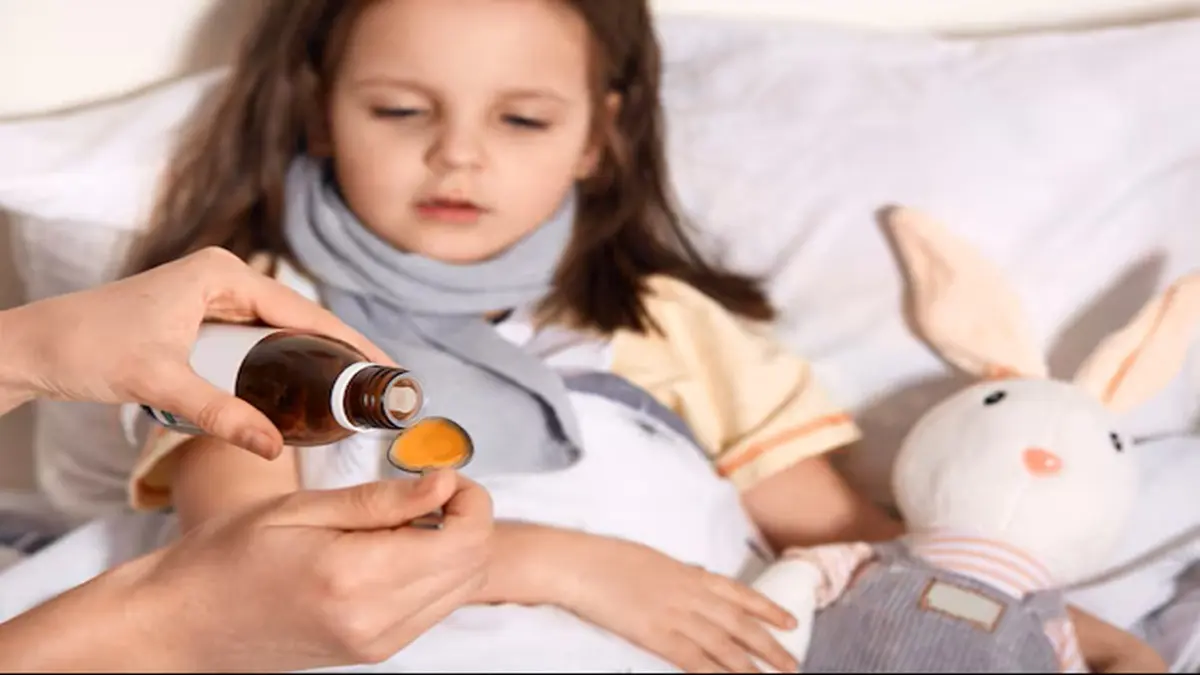Health
Essential Guidelines for Safe Use of Cough and Cold Medicines

As cold and flu viruses circulate more widely during certain seasons, understanding how to safely use cough and cold medications becomes increasingly important. Many products claim to alleviate symptoms, but misuse can lead to serious health risks, especially for children. According to a report from WebMD, there are specific dos and don’ts to follow when considering medication for coughs and colds.
What Not to Do When Using Cough and Cold Medicines
Parents should exercise caution when administering cough syrups to children. It is crucial not to give cough syrup to children under four years of age unless it has been specifically prescribed by a physician. For those under two years, it is advisable to avoid all over-the-counter (OTC) cough and cold medications.
Additionally, individuals should refrain from exceeding the recommended dosage of any medication. Taking more than directed can result in harmful health effects. It is also wise to avoid using multiple OTC cough or cold products simultaneously without verifying that they do not contain overlapping active ingredients. This can prevent unintentional overdosing on key components, such as pain relievers.
Measuring medications accurately is another critical aspect of safe usage. Household teaspoons should never be used to measure cough syrup; instead, one should use the measuring device provided with the medicine. Miscalculating doses can lead to complications.
Moreover, it is essential to avoid alcohol consumption while taking cough syrups, as this can amplify drowsiness and other adverse effects.
Best Practices for Using Cough and Cold Medicines
To minimize risks, always read the medication label carefully. Ingredients can vary between brands, and label updates may occur. Adhering strictly to the dosage and frequency instructions will enhance safety and effectiveness.
Choosing a medication that targets specific symptoms is also recommended. Many products contain multiple ingredients aimed at treating various ailments, which might not be necessary for every individual.
If symptoms persist beyond a week, worsen, or are accompanied by other concerning signs such as a high fever, rash, or severe headache, consulting a healthcare provider is advisable.
Proper storage of medications is essential to prevent accidental ingestion by children. Keeping medications out of reach ensures safety at home. Staying hydrated by drinking plenty of fluids is another vital practice while recovering from a cold or flu.
These guidelines not only help ensure the safe use of cough and cold medications, but they also contribute to better overall health management during flu season.
-

 World5 months ago
World5 months agoSBI Announces QIP Floor Price at ₹811.05 Per Share
-

 Lifestyle5 months ago
Lifestyle5 months agoCept Unveils ₹3.1 Crore Urban Mobility Plan for Sustainable Growth
-

 Science4 months ago
Science4 months agoNew Blood Group Discovered in South Indian Woman at Rotary Centre
-

 World5 months ago
World5 months agoTorrential Rains Cause Flash Flooding in New York and New Jersey
-

 Top Stories5 months ago
Top Stories5 months agoKonkani Cultural Organisation to Host Pearl Jubilee in Abu Dhabi
-

 Sports4 months ago
Sports4 months agoBroad Advocates for Bowling Change Ahead of Final Test Against India
-

 Science5 months ago
Science5 months agoNothing Headphone 1 Review: A Bold Contender in Audio Design
-

 Top Stories5 months ago
Top Stories5 months agoAir India Crash Investigation Highlights Boeing Fuel Switch Concerns
-

 Business5 months ago
Business5 months agoIndian Stock Market Rebounds: Sensex and Nifty Rise After Four-Day Decline
-

 Sports4 months ago
Sports4 months agoCristian Totti Retires at 19: Pressure of Fame Takes Toll
-

 Politics5 months ago
Politics5 months agoAbandoned Doberman Finds New Home After Journey to Prague
-

 Top Stories5 months ago
Top Stories5 months agoPatna Bank Manager Abhishek Varun Found Dead in Well









